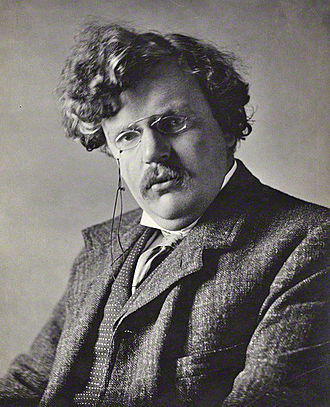22 June 2014
miscreant
[mis-kree-uhnt]
adjective
1. depraved, villainous, or base.
2. Archaic. holding a false or unorthodox religious belief; heretical.
noun
3. a vicious or depraved person; villain.
4. Archaic. a heretic or infidel.
Origin:
1350–1400; Middle English < Middle French mescreant unbelieving, equivalent to mes- mis-1 + creant ≪ Latin crēdent- credent
Anagram
cream tins
racism net
met Cairns
Today’s aphorism
My mother thinks I am the best. And I was raised to always believe what my mother tells me.
– Diego Maradona
On this day
22 June 1938 – death of C.J. Dennis, Australian poet (Songs of a Sentimental Bloke). Born 7 September 1876. Note, that C.J. Dennis foretold email by about 90 years with his reference to ‘ethergrams thro’ space’ which appears in ‘The Stoush of Day‘, in ‘The Sentimental Bloke‘.
22 June 1986 – the controversial ‘hand of God’ incident in the FIFA World Cup match between Argentina and England, when Diego Maradona scored a goal that came off his hand. The referee didn’t see the hand infringement and awarded the goal. Four minutes after the ‘hand of God’ goal, Maradona scored the ‘goal of the century’, which is claimed to be the greatest individual goal of all time, which he scored after playing the ball for 60 metres within 10 seconds, through four English defenders to slot the goal. Argentina won the match 2-1 and went on to win the World Cup.

